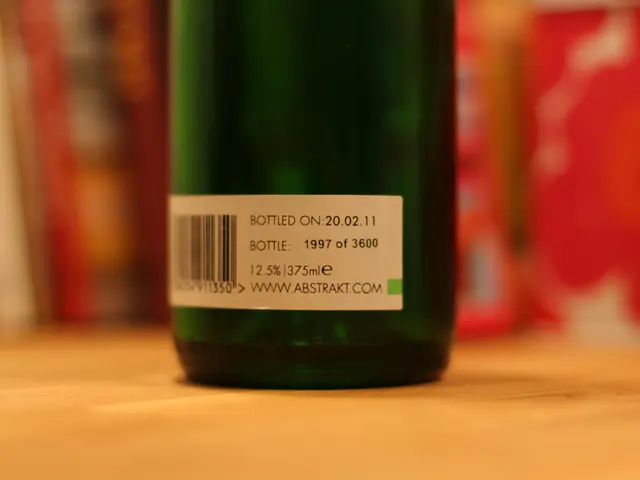Taurine: The Controversial Anti-Aging Agent
Anti-aging aspirant finds solace in supplement Taurine, as described by Herber Dampener
Thrill was in the air two years ago when a team of researchers claimed taurine, a common animal amino acid, could be an elixir for extended lifespan. However, recent findings question this promise, leaving the hope of an anti-aging magic potion up in the air.
Back in 2023, an international research group, led by Vijay Yadav from Columbia University, published their findings in the prestigious journal "Science". They reported that as animals age, their taurine levels decrease, and supplementing it in mice led to a lifespan extension of about 12%. Mice, monkeys, and even humans seemed to share this pattern, leading to hopes of a fountain of youth for humans too.
Yadav's team tested taurine's impact on aging in mice and found that those fed taurine lived longer by about three to four months, equivalent to seven to eight years in human terms. Similar health benefits were observed in middle-aged rhesus monkeys after six months of daily taurine supplementation. However, the renewed analysis of these findings has cast doubt on taurine's potential as an anti-aging agent.
In June 2025, another research team, led by Rafael de Cabo from the US National Institute on Aging, studied around 1000 people, rhesus monkeys, and mice to re-examine the connection between taurine and aging. Contrary to the previous findings, they observed that taurine concentrations increased with age in all groups, except male mice. No relationship was detected between blood taurine levels and health, suggesting that taurine may not be a suitable biomarker for age.
Taurine, discovered in 1827, is naturally found in the human body and plays diverse roles such as brain development, cell membrane stabilization, and energy metabolism. It is also obtained through food, especially from fish and meat. Taurine has been used in energy drinks, for which the European Food Safety Authority considers doses of 6 grams per day to be safe.
This contradictory evidence raises questions about taurine's role in aging, bringing it closer to the ranks of other substances once considered hopes for anti-aging breakthroughs, such as resveratrol, metformin, and rapamycin. These substances, despite initial excitement, have not shown reliable lifespan-extending effects in humans.
Though their role in aging is intriguing, taurine's anti-aging benefits remain unproven. More extensive human clinical trials and mechanistic studies are needed to solidify taurine’s potential benefits and safety. For now, taurine may just be another fascinating piece in the complex puzzle of aging research. Consult your physician before considering any taurine supplementation as an anti-aging therapy.
Community policy should address the potential health claims about taurine, given its association with anti-aging effects and its prevalence in employment sectors like food and medical-conditions research. Employment policies in institutions conducting such research should prioritize adherence to current scientific findings and ensure transparency in reporting.
As the health-and-wellness industry continues to explore the possibilities of taurine as an anti-aging agent, it is crucial to proceed with caution. Further scientific investigation, particularly targeted at understanding taurine's role in aging among various species, including humans, is essential for establishing its effectiveness and safety in the context of aging.








